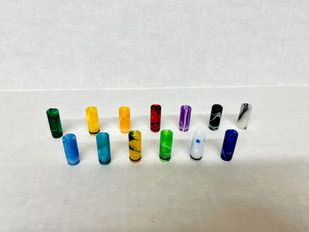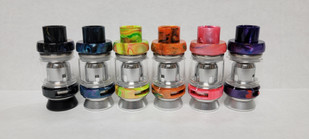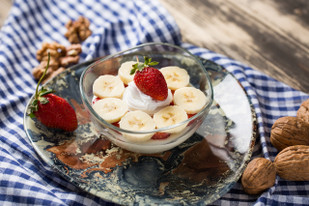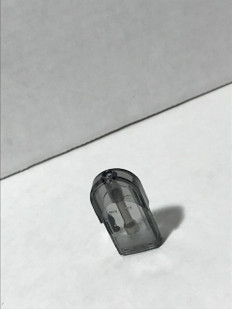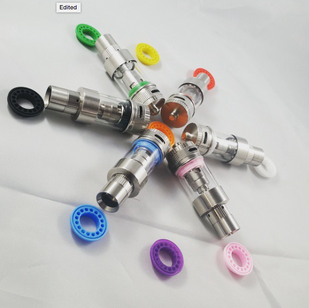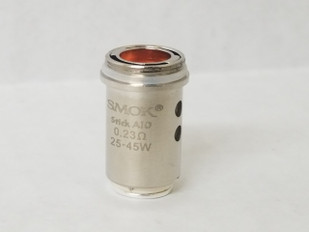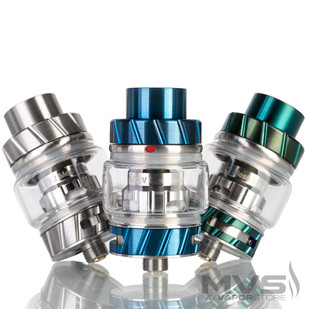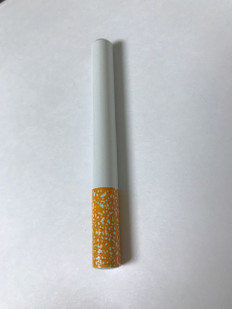- Home
- The Vape Mall Blog
- Can You Use a CBD Tincture for Your Face?
Can You Use a CBD Tincture for Your Face?
Posted by on
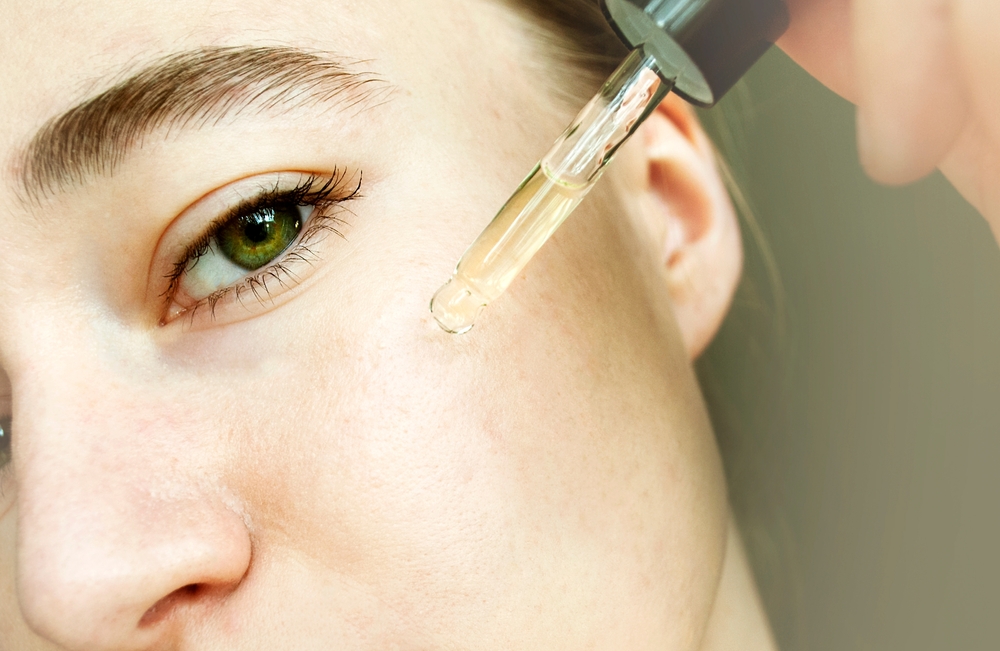
Many of us have, by now, experimented with CBD tinctures, as this product in particular has proven to be hugely popular among those interested in the properties of the hemp plant. CBD tinctures come in all kinds of milligram strengths, formulas and flavors, but what they all share in common is that they provide an ample serving of cannabidiol (CBD) that possesses all kinds of valuable properties and effects that can improve the way in which we feel. While tinctures are, by nature, intended for sublingual administration, they are more versatile than you may think. But, what about your face and is this, in fact, even advisable?
What Exactly is a CBD Tincture?
A CBD tincture, also referred to as a “CBD oil” or “CBD drops”, is a basic oil-based formula that comes in a dropper bottle, which is meant to be administered and absorbed sublingually. When absorbed through the sublingual tissue, tinctures can take effect in somewhere between 15 and 45 minutes, with the effects lasting for several hours.
What Ingredients are in a CBD Tincture?
Ultimately, the ingredients in a CBD tincture are chosen at the discretion of the manufacturer. But, the two basic ingredients that you’ll find in every tincture are:
- Hemp Extract: Whether it be full spectrum hemp extract (every compound naturally found in hemp), broad spectrum hemp extract (a THC-free version of full spectrum) or CBD isolate (pure cannabidiol), some type of hemp extract must be present in a CBD tincture.
- A Carrier Oil: The carrier oil is an essential component of a tincture as it dilutes the highly concentrated hemp extract to an amount that’s suitable for daily administration. The most common type of carrier oil used in a tincture is MCT oil, a coconut derivative. Hempseed oil is another popular choice.
Some CBD tinctures may contain additional ingredients as well, such as:
- Flavoring: Many people prefer a flavored CBD tincture, and the flavoring can be either naturally or artificially derived.
- Essential Oils: Yes, essential oils offer a lot of useful properties to the body as well, and some tinctures may contain certain essential oils such as lavender, lemon or peppermint.
- Herbal/Botanical Extracts: Some companies produce specialty tinctures that contain additional “active ingredients” beyond the hemp, such as ashwagandha, melatonin or lemon balm.
Applying a CBD Tincture to Your Face: What Can it Offer?
Before we discuss whether or not a person should apply a CBD tincture to their face, let’s talk about why. We know from ample amounts of studies that the hemp plant actually offers some properties that pertain to the skin in particular.
In one study, hemp was found to offer both anti-inflammatory and sebostatic properties to the skin when applied topically, which may be helpful to those with acne. Sebostatic refers to the ability to regulate sebum production within the pores. We also know that cannabidiol is an antibacterial agent that may kill bacteria found on the skin.
Beyond that, CBD oil is a moisturizing product by nature, since it contains a carrier oil that provides moisture to the skin when applied. Therefore, applying a CBD tincture to the face could, in theory, act as a moisturizing step in one’s skincare routine.
So, to answer the general question, the answer is yes: you can apply a CBD tincture to your face. This would provide the skin of the face with the properties found in CBD that relate to the skin’s overall function.
What to Consider Before Applying a CBD Tincture to Your Face
Overall, you can apply a CBD tincture to your face, as it could offer all kinds of valuable hemp-derived properties to your skin. However, before you do apply any CBD tincture to your skin, consider these things first and keep in mind that the best tincture(s) for your skin should contain only hemp extract and a non-comedogenic carrier oil like MCT or hempseed.
#1: Ingredients
Always read the ingredients of a tincture first, since some formulas are better for your skin than others. For instance, a tincture that’s flavored with something sweet will likely contain sugar, which could not only leave your skin feeling sticky, but attract certain sugar-consuming yeast that can lead to fungal infections of the skin.
#2: Type of Carrier Oil
The carrier oil should be considered as well, since some are more comedogenic than others. “Comedogenic” refers to the likelihood of an ingredient clogging the pores and causing breakouts. Essentially, MCT oil and hempseed oil are low on the list of comedogenic ingredients. CBD oils made with olive oil or rosehip oil could be more comedogenic.
#3: Milligram Strength
CBD oils come in different milligram strengths, determining their potency. There is no way you could “overdose” on cannabidiol by applying too high of a strength to the skin. But, a CBD tincture with an extremely low milligram strength, like anything below 500mg per 30ml bottle, could simply not be potent enough to provide you with the effects of the hemp plant that you’re seeking out.
 Loading... Please wait...
Loading... Please wait...



